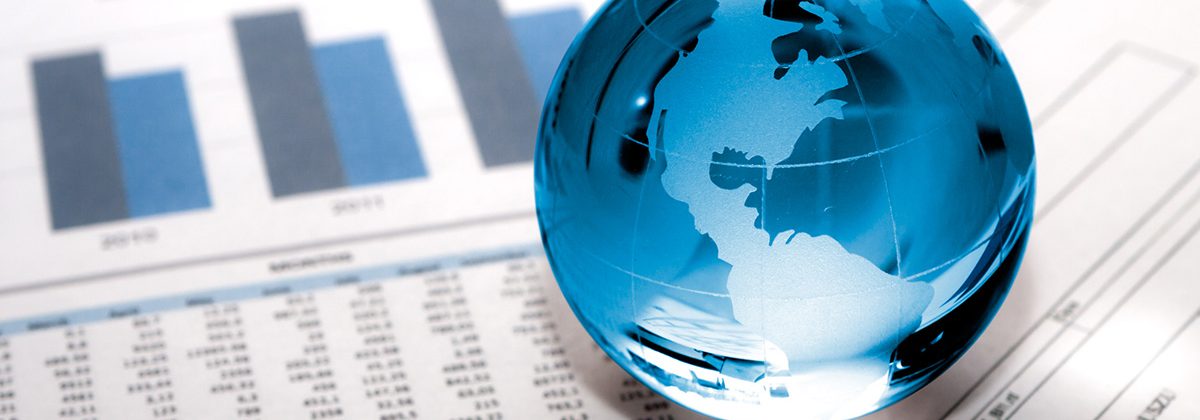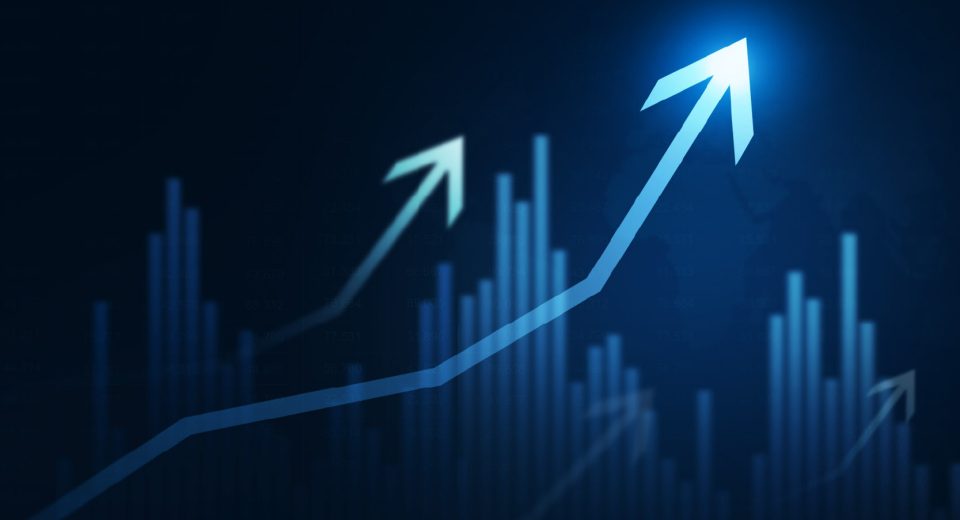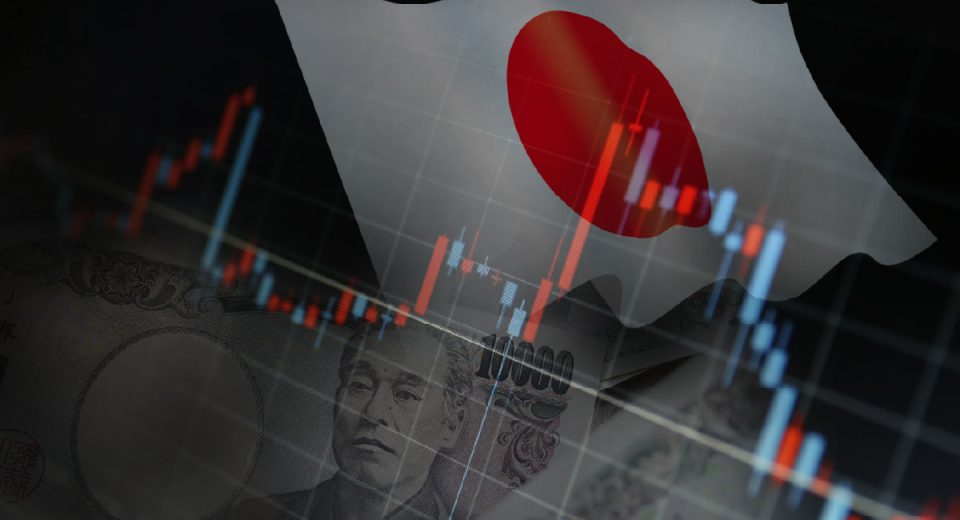How to Trade the World Bank’s Latest Economic Report

The June 2025 edition of The World Bank’s Global Economic Prospects report talks about the slowdown of global economic growth. It also reveals a shift in economic power as emerging markets and developing economies (EMDEs) outpace the GDP expansion of developed economies. For index and forex traders, this is an opportunity to take advantage of the divergence by refining their trading strategies.
Overview of The World Bank’s Report
The report points out that growth in the developed economies has slowed down gradually from about 5.9% in the 2000s. The World Bank expects the global GDP growth for the 2020s to average around 2.5% by 2027. The primary reason for this is the steep fall in global trade that declined from a global average of 5.1% to a mere 2.6% during this period. The report also highlighted that although business investments are growing, their pace is weakening progressively. Plus, public debt is piling up.
The Change in Economic Power
In addition to a decline, the report brought to light the changing GDP growth landscape. Economies of countries, such as the US, China and Mexico, as well as the EU, that had been rapidly growing earlier, are set to experience slower growth in the 2020s.
However, several emerging economies may outperform global growth despite the broader slowdown.
India is poised to be the fastest-growing economy in FY 2025-26 with a GDP expansion rate of 6.3%. The country beat analyst expectations, registering GDP growth of 7.8% yoy in Q2 2025. This data led the IMF to raise the country’s growth forecast for 2025 and 2026 to 6.4% from the previous estimate of 6.2%.
The GDP of Argentina and the Philippines is expected to grow by 5.5% and 5.48% respectively, in 2025. In Q2 2025, their GDPs grew by 7.6% and 5.5% yoy, respectively, both exceeding the estimates.
The World Bank expects Vietnam’s economyto expand by 5.8% in 2025.
What’s Driving the Change
Emerging economies are enjoying a demographic dividend. A growing and young population adapts to market changes fast. Accelerated digitisation and technology integration in these regions are shaping them as potential trade hubs. Structural reforms and consumption-led growth in these countries may further support their GDP growth.
For instance, India is a powerhouse of talent and offers several investment opportunities for manufacturing and IT companies. Vietnam aims to become Asia’s next “tiger economy.” The country is investing heavily in sectors with strong growth potential, such as semiconductors, AI, renewable energy, etc.
Strategies for Trading the Report
The currency markets are deeply influenced by a country’s economic growth. This is because interest rate decisions and foreign investments depend on such growth.
Forex Trading
In a slowing economy, central banks usually adopt a loose monetary policy, reducing the returns on the domestic currency. This lowered premium could encourage investors to offload the currency from their portfolios and switch to an asset with a comparatively higher yield.
Similarly, fewer prospects of growth affect foreign capital inflows, which may weigh on the demand for the currency. Conversely, strong economic growth generates bullish investor sentiment, driving more capital into the country, which supports the demand for the currency.
These economies can also be more influenced by global geopolitical disturbances and market perception. Staying updated with the latest developments in the global trade landscape and geopolitical environment can help traders respond to market movements appropriately.
Forex traders can explore currency pairs involving the currency of a fast-growing economy (go long) against a slow-growing one (short). For instance, USD/INR (Indian rupee), USD/VND (Vietnamese dong), etc. You can also try arbitrage trading for these pairs, as these are more volatile than major forex pairs. These opportunities can be explored with algorithmic trading.
In addition to liquidity risks, these pairs may be very volatile. This volatility creates opportunities in both directions of price movement for the pair. Many forex traders use derivative instruments, such as contracts for difference (CFDs) to explore opportunities in both directions.
CFDs are also popular because they can be traded on margin. Leverage amplifies your purchasing power, allowing you to increase market exposure. However, this also amplifies potential profits and losses. Therefore, employing effective hedging strategies and risk management is paramount.
Also, remember that volatility also introduces risk. This necessitates robust risk management. Setting appropriate stop loss and take profit limits can limit your losses in the case market moves against your speculated direction.
To Sum Up
- The World Bank’s June 2025 report shows a general slowdown in global economic growth.
- Major economies, like the US, China and the EU, are experiencing a decline in their growth rates.
- Emerging economies, such as India, the Philippines and Vietnam, are set to grow much faster.
- This divergence is creating new trading opportunities in both forex and index traders.
- Forex traders can explore pairs of fast-growing currencies against slower-growing ones, like the USD/INR.
- Index traders can consider going long on indices in growing economies (such as India’s Sensex) or shorting indices in slowing ones.
- CFDs can be used to trade your preferred market, irrespective of the direction of market movement.
Disclaimer:
All data, information and materials are published and provided “as is” solely for informational purposes only, and is not intended nor should be considered, in any way, as investment advice, recommendations, and/or suggestions for performing any actions with financial instruments. The information and opinions presented do not take into account any particular individual’s investment objectives, financial situation or needs, and hence does not constitute as an advice or a recommendation with respect to any investment product. All investors should seek advice from certified financial advisors based on their unique situation before making any investment decisions in accordance to their personal risk appetite. Blackwell Global endeavours to ensure that the information provided is complete and correct, but make no representation as to the actuality, accuracy or completeness of the information. Information, data and opinions may change without notice and Blackwell Global is not obliged to update on the changes. The opinions and views expressed are solely those of the authors and analysts and do not necessarily represent that of Blackwell Global or its management, shareholders, and affiliates. Any projections or views of the market provided may not prove to be accurate. Past performance is not necessarily an indicative of future performance. Blackwell Global assumes no liability for any loss arising directly or indirectly from use of or reliance on such information here in contained. Reproduction of this information, in whole or in part, is not permitted.




